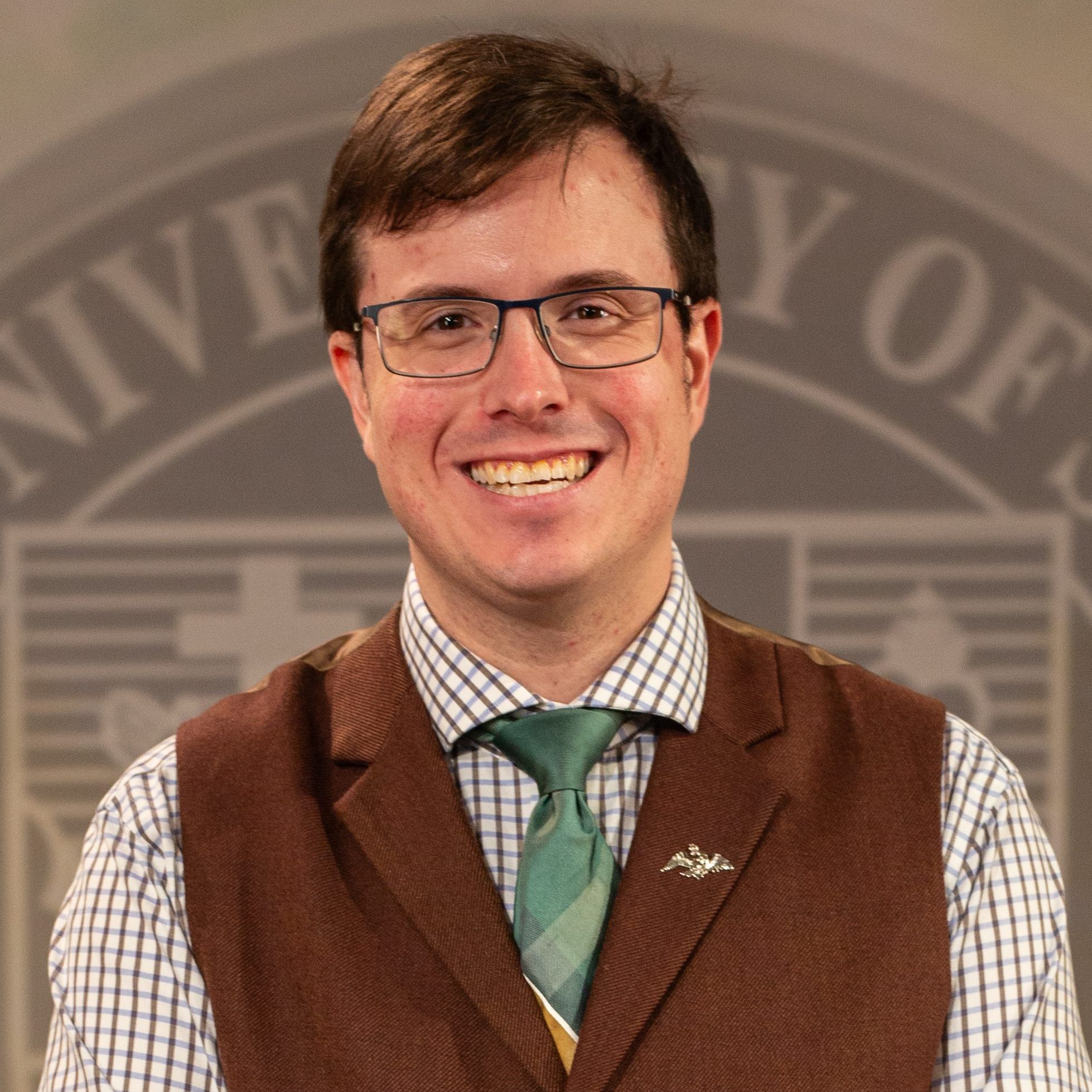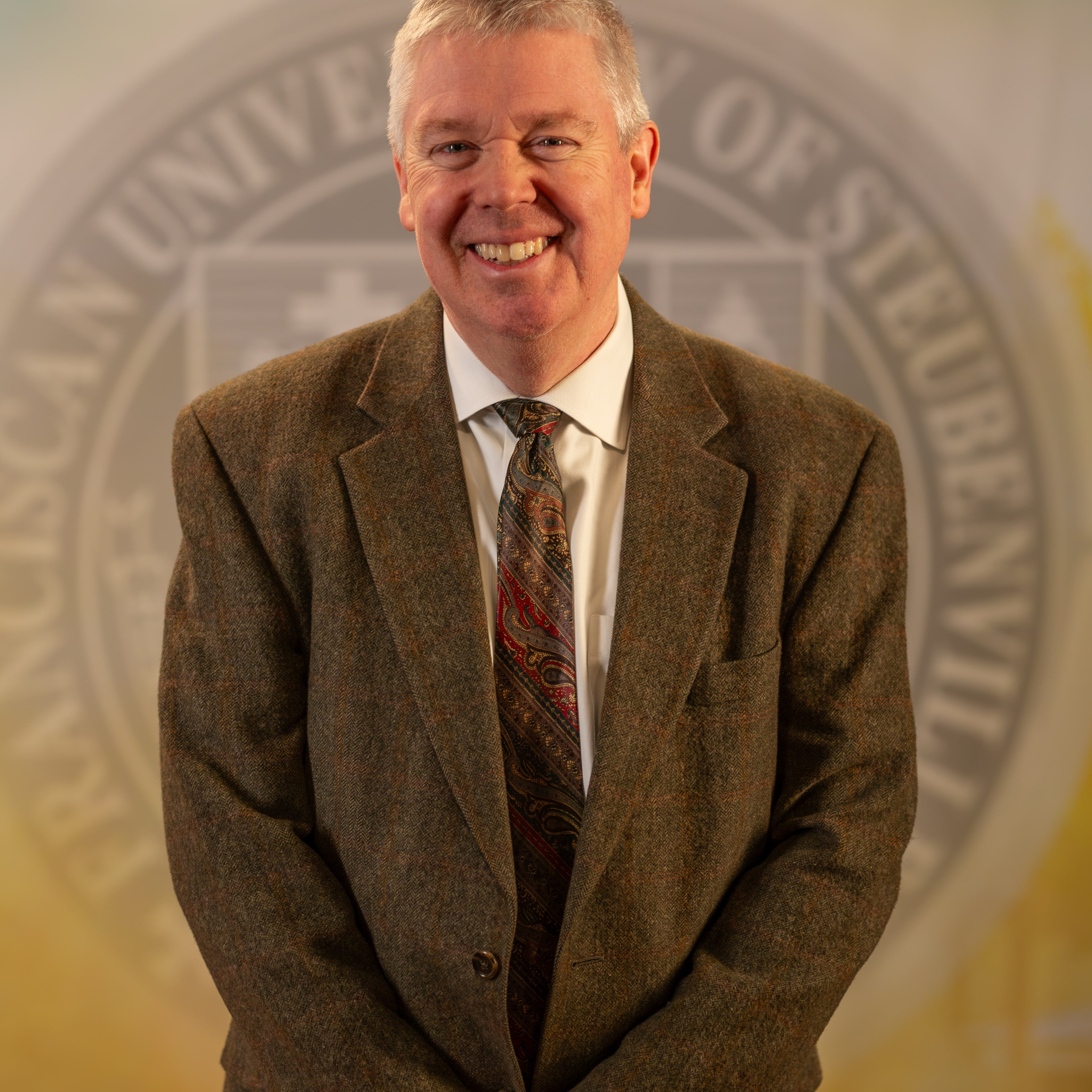What does it mean to be a human person?
How do cultures and societies develop?
Anthropology studies humans as biological and cultural beings in a holistic and comparative perspective. From our earliest beginnings to the present, the questions at the foundation of anthropology cross disciplines and force philosophers and scientists to face the limitations of their domains.
Our Anthropology Program offers students a broad-based, cross-cultural understanding of the dynamic nature of humankind, steeped in the Christian philosophical tradition and reliant upon the most advanced biological, sociological, and psychological insights.
Students will examine the methods and works of anthropologists and related researchers in a number of required and elective courses in each of the four principal subfields of anthropology: 1) cultural anthropology, 2) physical anthropology, 3) archaeology, and 4) linguistics. Anthropology majors will also receive valuable training by taking courses in the physical and social sciences, humanities, and communication arts.
At the end of this program, you will be well equipped to contribute to the bioethical, historical, and cultural discussions buzzing about what it is to be human and all that humanity entails.














